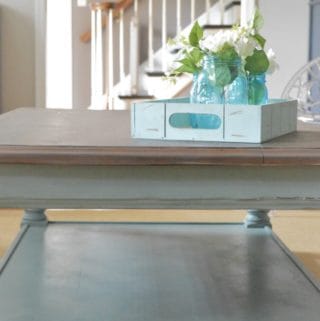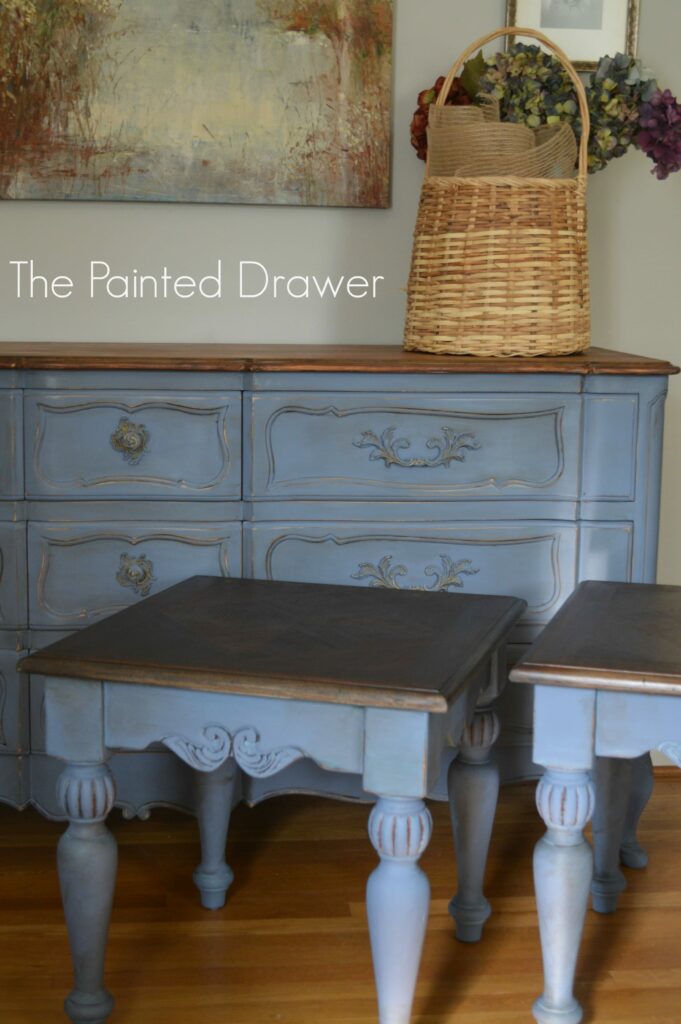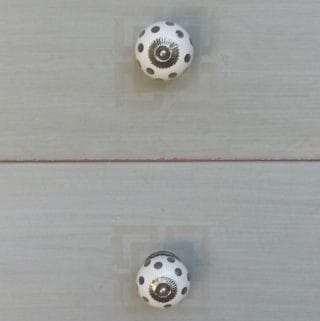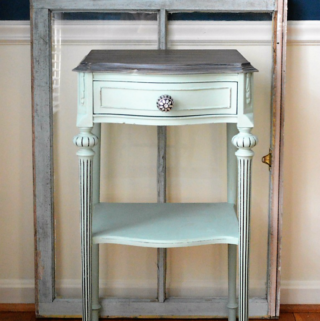(Photo by Jessica Lewis on Unsplash)
Did you know that you can lend a luxurious touch to your kitchen with just changing the countertops? It’s true, and you can do it with stone kitchen countertops. Stone counter tops are a great way to add class and polish to your kitchen and each have different price points for your budget.
But not all stone materials are created equal. Read on to learn what kind of materials are better for your kitchen.
Quartz
A lot of stone materials, like marble, for example, are porous substances. This porosity means that over time, the material could stain or collect hard-to-clean dirt in its tiny nooks and crannies. Unless you have the time and energy to devote to that kind of upkeep, you might be better off investing in a more sensible material. Enter quartz. For starters, quartz is a non-porous substance, so you won’t rack up resealing costs over time. Many quartz materials used for kitchen countertops are man-made to mimic natural stone surfaces so that you can have the appearance of natural stone without any of its costly upkeep.
Granite
Once the luxury countertop a couple of decades ago, granite now seems to be the go-to “luxury” stone material. As granite is a naturally-occurring stone material, it is quite porous. For this reason, you will have to reseal your granite countertops once a year or so to prevent staining and color damage. Granite’s speckled appearance conceals dirt, stains, and seams quite well. However, this fact is the all the reason to wash your granite countertop more regularly, so be prepared to put in more maintenance work for granite than any other domestic natural stone source.
Soapstone
Soapstone has become a popular alternative to granite in recent years. Its dark, smooth, stain-resistant surface has earned its place in the homes of people looking to balance budget and style. Soapstone also handles heat pretty well, which makes it a perfect choice for kitchen countertops. Moreover, any stains or discoloration over time creates a richer, more sophisticated patina that looks like it almost has an antique style. There are, however, a few downsides to soapstone. For starters, you’ll need a professional to install soapstone countertops; you can’t DIY this, unfortunately, which may tack on a hefty installation price.
Furthermore, the surface must be regularly treated with mineral oil, just as granite must be annually resealed. If you aren’t prepared to keep up with your kitchen countertop’s maintenance, look for a lower-tech solution like quartz. As we mentioned earlier, however, any chipping, dents, or changes in color may work in your soapstone countertop’s favor.
As you can see, there are several attractive options for your new kitchen countertop. We hope you learned a little about which stone materials are better suited to serving as a kitchen countertop. Thanks for reading and happy renovating!
Please note that some of the links above and below are affiliate links, and at no additional cost to you. All opinions are my own.








